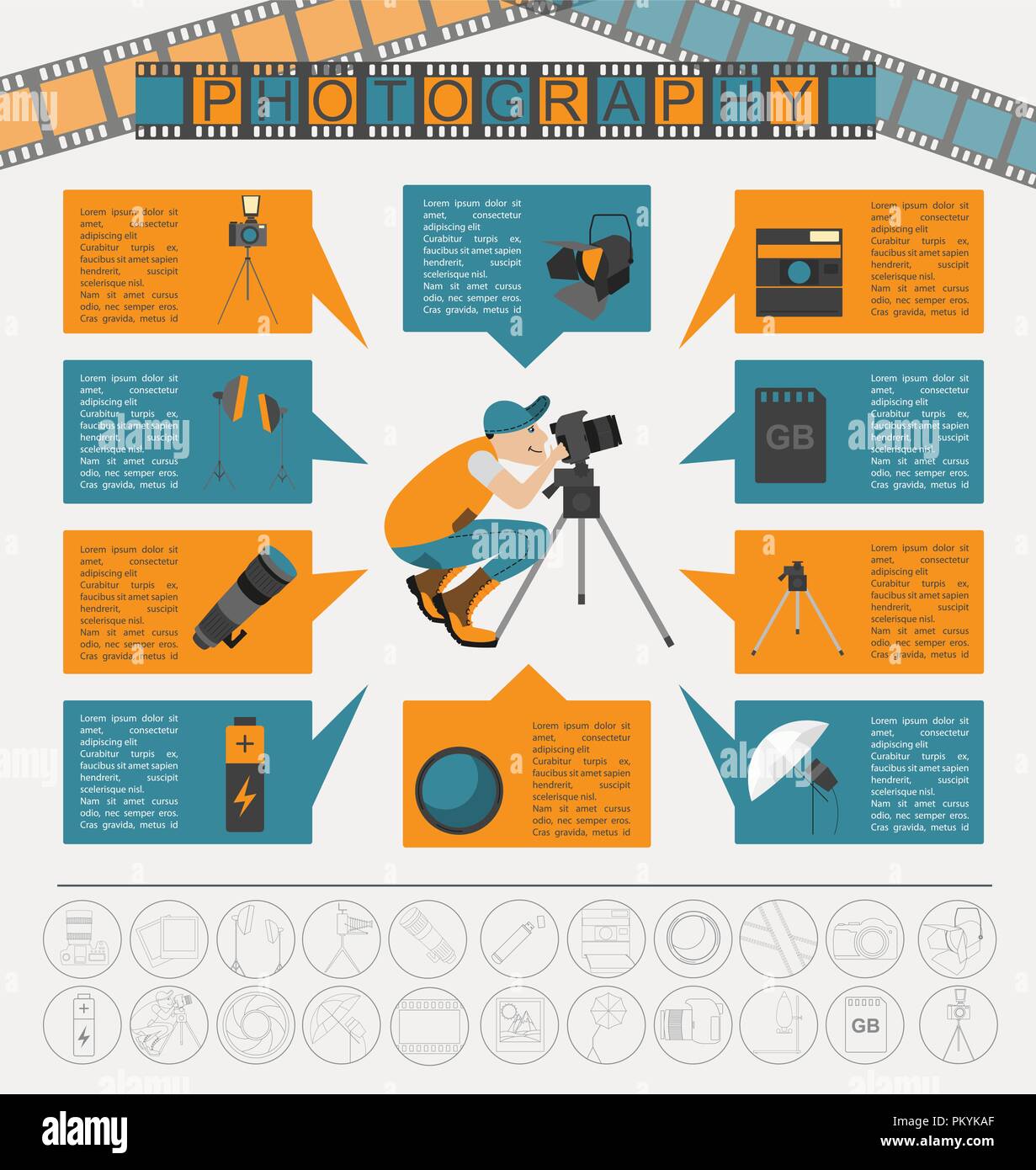Digital Photographers Usually Overlook Key Basics That Can Impede Their Growth; Uncover Crucial Tips To Raise Your Skills And Avoid Common Pitfalls
Digital Photographers Usually Overlook Key Basics That Can Impede Their Growth; Uncover Crucial Tips To Raise Your Skills And Avoid Common Pitfalls
Blog Article
Developed By-Hay McFadden
As a brand-new digital photographer, it's easy to get caught up in the appeal of premium gear and overlook the essentials that really boost your craft. You might find yourself annoyed when your pictures don't reflect the vision you had in mind. Usual mistakes, like ignoring illumination principles or disregarding make-up principles, can hold you back more than you understand. Yet recognizing these risks can change your strategy. Allow's check out these blunders and how you can avoid them to improve your digital photography trip.
Disregarding Lighting Fundamentals
Neglecting lights fundamentals is just one of the largest missteps new professional photographers make. Company headshots may believe that catching an excellent photo is all about your electronic camera settings or the current gear, yet the fact is, lighting is important. Proper illumination can elevate your photos from ordinary to sensational, and recognizing it can conserve you from many missed opportunities.
Initially, take notice of all-natural light. The gold hours-- shortly after sunrise and prior to sunset-- use soft, flattering light that boosts your subject. Stay clear of harsh midday sun, which can cast unflattering shadows. If you're firing indoors, position your subject near home windows to capitalize on diffused light.
Next, find out to manipulate artificial illumination. Trying out different resources, like lights or outside flash. Usage reflectors to bounce light back onto your topic for a softer effect. Do not neglect that shadows can include deepness; accept them rather than shying away.
Finally, technique changing your cam settings according to the illumination problems. Understand exactly how shutter rate, aperture, and ISO work together to achieve the preferred exposure.
Overemphasizing Tools
Many new photographers fall under the catch of assuming that having the latest and greatest gear will instantly improve their photography. While it's tempting to think that a higher-end cam or an elegant lens will certainly raise your job, the fact is that it's not almost the devices you utilize.
https://www.adorama.com/alc/sub-framing-how-to-incorporate-it-in-your-compositions , creative thinking, and understanding of digital photography play a much bigger role in generating stunning photos. Buying first-class gear can be valuable, but it should not be your primary emphasis. Instead, focus on understanding the essentials-- light, structure, and narration.
You can take spectacular photos with an easy electronic camera if you recognize how to use it properly. Commonly, it's the digital photographer's vision, not the gear, that makes the distinction.
Furthermore, overstating devices can lead to irritation and burnout. You may find yourself regularly chasing after the next item of equipment as opposed to honing your craft.
Neglecting Composition Principles
When you pick up your video camera, it's very easy to focus exclusively on the subject, yet ignoring make-up concepts can cause dull photos. Make-up is the foundation of digital photography; it overviews the customer's eye and develops an aesthetic narrative. If you ignore it, your magnificent subject may obtain lost in a chaotic frame.
Beginning by using the rule of thirds. Envision your structure separated into 9 equal parts by two horizontal and 2 upright lines. Position key elements along these lines or at their crossways for a well balanced and interesting shot.
Furthermore, consider leading lines. Use natural lines in your scene to attract the viewer's eye towards the subject.
Do not forget about framing. Usage surrounding elements to create a "structure within a structure." This method can include depth and focus to your subject.
Last but not least, take note of unfavorable room. Often, less is a lot more. Permitting empty space can improve your focal point and produce a more effective photo.
Final thought
To conclude, by steering clear of these common challenges, you can boost your photography skills considerably. Focus on grasping illumination, make-up, and direct exposure instead of getting shed in expensive equipment. Don't undervalue the power of post-processing, either-- it can absolutely transform your pictures. Keep in mind to select the right time of day for shooting, as lighting plays an essential duty in your results. Accept these suggestions, and see your digital photography prosper!
